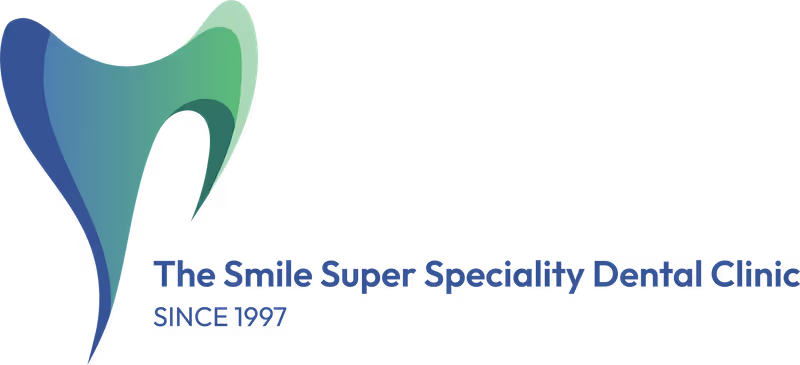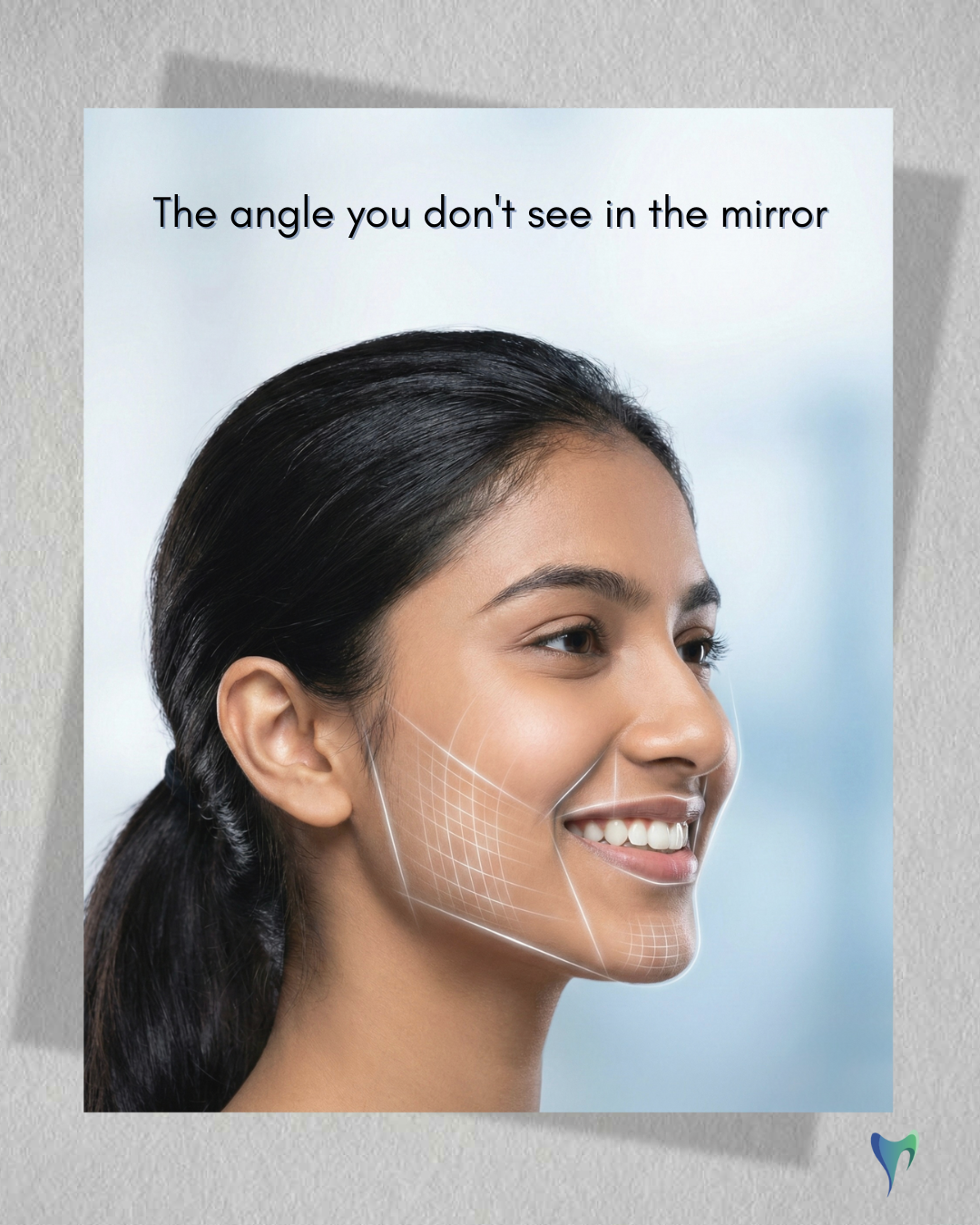Can We Grow New Teeth? The Promise of Regenerative Dentistry
Imagine a world where losing a tooth doesn’t mean relying on dentures or implants. Instead, you could grow a brand-new tooth, just like when you were a child. This vision is at the heart of regenerative dentistry, a cutting-edge field that’s capturing the attention of dental researchers and patients alike. At Smile Super Speciality Dental Clinic, we’re excited to share the latest advancements in this revolutionary area and what they could mean for your oral health.
The Limitations of Traditional Dental Treatments
Current dental solutions, while effective, have drawbacks. Fillings, used to treat cavities, can weaken tooth structure over time, often needing replacement and sometimes leading to further decay or sensitivity. Dental implants, a common choice for tooth loss, require invasive surgery and sufficient jawbone health, and they don’t adapt or repair like natural teeth. As Xuechen Zhang from King's College London notes, “Fillings aren’t the best solution for repairing teeth. Over time, they will weaken tooth structure, have a limited lifespan, and can lead to further decay or sensitivity” (King's College London).
These limitations drive the need for innovative solutions, and regenerative dentistry is stepping up to meet that challenge.
Understanding Regenerative Dentistry
Regenerative dentistry harnesses biological processes to repair or regenerate dental tissues, such as enamel, dentin, or even entire teeth. It relies on three key components:
- Stem Cells: Versatile cells that can develop into various tissue types, including tooth structures.
- Bioactive Molecules: Substances that guide cell growth and development.
- Scaffolds: Frameworks that support tissue formation, mimicking the natural environment of tooth development.
This approach aims to create teeth that are biologically identical to your own, offering a seamless and long-lasting solution to tooth loss.
Current Approaches to Tooth Regeneration
Researchers worldwide are exploring multiple methods to make tooth regeneration a reality. Here are the two primary approaches showing significant promise:
Stem Cell and Tissue Engineering
One exciting method involves growing teeth in a laboratory using stem cells. At King's College London, scientists have achieved a breakthrough by developing a material that slowly releases signals to guide cell communication, mimicking natural tooth development. This has allowed them to grow a tooth under lab conditions, a major step forward in understanding tooth regeneration (King's College London).
Similarly, researchers at Tufts University have created “replacement teeth” by combining human and porcine cells within a scaffold made from pig teeth. When implanted into a pig’s jaw, these structures developed into functional teeth with hard layers of dentin and cementum, demonstrating the potential for bioengineered teeth (Dentistry.co.uk).
These lab-grown teeth could one day offer a natural alternative to implants, integrating perfectly with the jaw and capable of self-repair.
Pharmaceutical Approach: Inhibiting USAG-1
In Japan, researchers are taking a different tack by developing a medicine that stimulates natural tooth growth. This drug targets a protein called Uterine Sensitization-Associated Gene-1 (USAG-1), which normally inhibits tooth development. By blocking USAG-1, the medicine encourages the body to grow new teeth. Led by Dr. Katsu Takahashi at Kitano Hospital, this approach has shown success in animal studies, with ferrets and mice growing additional teeth after treatment (The Mainichi).
Clinical trials began in September 2024 at Kyoto University Hospital, initially focusing on adults missing at least one molar to test safety. The next phase will involve children aged 2-7 with congenital anodontia, a condition affecting about 1% of people where they are born with fewer teeth. Dr. Takahashi emphasizes the potential impact: “We want to do something to help those who are suffering from tooth loss or absence. While there has been no treatment to date providing a permanent cure, we feel that people’s expectations for tooth growth are high” (The Mainichi).
Potential Benefits of Tooth Regeneration
Tooth regeneration could transform dental care by offering several advantages over traditional treatments:
- Natural Integration: Regenerated teeth would function like your original teeth, integrating seamlessly with your jaw.
- Self-Repair: Unlike implants, these teeth could repair themselves, reducing the need for future interventions.
- Non-Invasive Options: The pharmaceutical approach might avoid surgery, making treatment more accessible.
- Improved Oral Health: Natural teeth are better equipped to withstand chewing forces, potentially reducing complications.
For patients, this could mean a permanent solution to tooth loss, whether due to injury, decay, or congenital conditions.
When Will Tooth Regeneration Be Available?
While the research is promising, tooth regeneration is not yet available in dental clinics. The Japanese USAG-1 drug is the furthest along, with plans to seek market approval by 2030. The stem cell and tissue engineering methods, such as those at King's College and Tufts University, are still in earlier stages, primarily limited to lab and animal studies. Safety and ethical concerns, such as the risk of unintended tissue growth, must be addressed before these methods can move to human trials.
Given the complexity, it’s likely that widespread clinical use is at least a decade away for most approaches, though the Japanese drug could be an exception if trials succeed.
Challenges and Considerations
Despite the excitement, regenerative dentistry faces hurdles:
- Safety: Ensuring that stem cell or drug-based treatments don’t cause unintended effects, like tumor growth, is critical.
- Ethical Concerns: Using embryonic stem cells or animal-derived cells raises ethical questions, though some methods, like Tufts’ hybrid approach, avoid these issues.
- Accessibility: Even if approved, these treatments may initially be costly, limiting access for some patients.
Ongoing research aims to address these challenges, but patience will be key as the field matures.
Why This Matters for You
At Smile Super Speciality Dental Clinic, we’re committed to staying at the forefront of dental innovation. While tooth regeneration is still on the horizon, we offer the latest in dental care, from advanced implants to minimally invasive treatments, to keep your smile healthy and vibrant. Understanding emerging technologies like regenerative dentistry can help you make informed decisions about your oral health.
FAQ: Your Questions About Tooth Regeneration Answered
Can humans grow new teeth today?
No, tooth regeneration is not yet available for clinical use. Current research is promising, but treatments are still in the experimental phase.
How does the Japanese tooth regrowth drug work?
The drug blocks the USAG-1 protein, which normally prevents tooth growth, allowing the body to develop new teeth naturally.
When will I be able to get a regenerated tooth?
The Japanese drug aims for market release by 2030, pending successful trials. Other methods may take longer, likely beyond 2035.
Is tooth regeneration safe?
Researchers are working to ensure safety, but risks like unintended tissue growth are still being studied. Clinical trials will provide more clarity.
Conclusion
Regenerative dentistry is poised to revolutionize how we treat tooth loss, offering the tantalizing possibility of growing new teeth. From lab-grown teeth at King's College and Tufts University to the innovative USAG-1 drug in Japan, the field is advancing rapidly. While these treatments are not yet available, their potential to provide natural, lasting solutions is undeniable.
At Smile Super Speciality Dental Clinic, we’re excited to monitor these developments and bring you the most advanced dental care available today. Contact us to explore our cutting-edge treatments and keep your smile shining while we await the future of regenerative dentistry.
Key Citations







